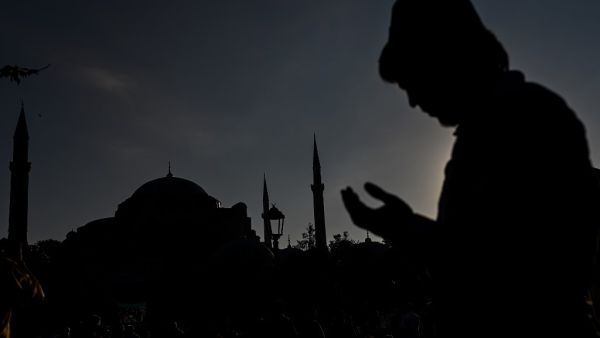Two independent human rights experts have said that the historic Hagia Sophia in Istanbul, designated a mosque once again earlier this month by the Turkish government, should be maintained as an inter-cultural space “reflecting the diversity and complexity of Turkey and its history.”
The Human Rights Council-appointed experts urged the Turkish authorities to preserve the “outstanding universal value” which resulted in the 1,500-year-old basilica, World Heritage Status, according to a press release.
The experts, Karima Bennoune, Special Rapporteur for cultural rights, and Ahmed Shaheed, Special Rapporteur on freedom of religion or belief, expressed concern that the Turkish government’s decision in July to change the status of the building, and the “hasty implementation of this decision”, may violate Turkey’s obligations under rules derived from the 1972 UNESCO World Heritage Convention.
Initially constructed as one of the finest examples of Byzantine Christian architecture in the world, the Hagia Sophia became a mosque for the first time, in 1453 under the Ottoman Empire, and following Turkey’s secularization in the 20th Century, became a museum in 1934.
The site has been used by people of all faiths, including Christians and Muslims, and non–religious people, and widely celebrated down the decades, as an example of inter-faith and inter-cultural dialogue.
“We share UNESCO’s concern that the transformation of a site of outstanding universal value requires prior notice and consultation with all stakeholders to ensure that the human rights of all are respected”, they said. “The Hagia Sophia is Turkey’s most visited attraction, and is a monument of global importance.”
The experts also stressed the importance of appropriate arrangements for the care of the site, following conflicting reports regarding the measures put in place. “We urge the government of Turkey to clarify the arrangements, and ensure that cultural heritage experts continue to be responsible for the conservation of this monument. International and technical standards must be fully respected”, the independent experts added.
This article has been adapted from its original source.








